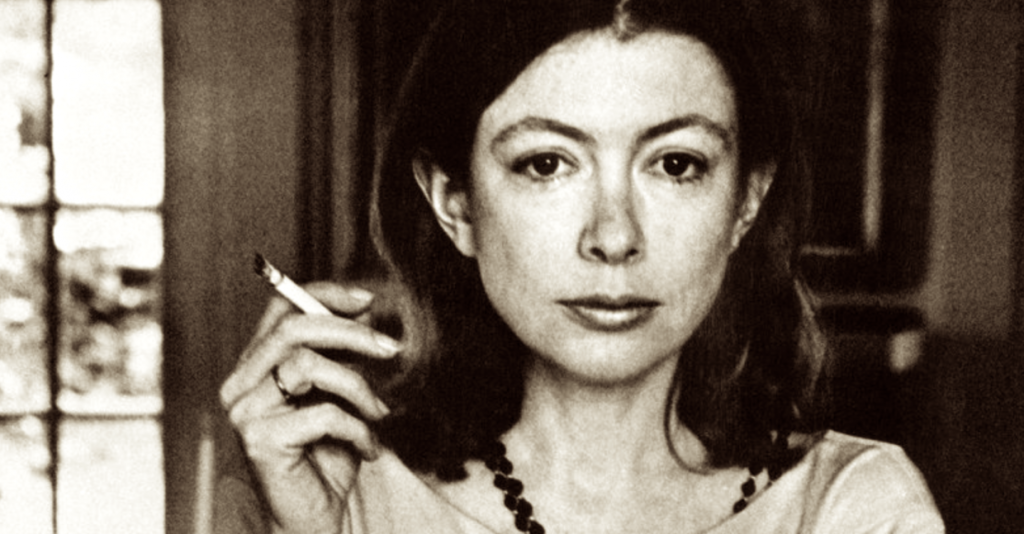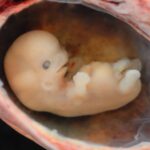Blog Post
Joan Didion on the brutality of abortion
By Jonathon Van Maren
Joan Didion died at the age of 87 in her Manhattan home on December 23, 2021. She was one of the great American pioneers of creative non-fiction, along with Tom Wolfe, Hunter S. Thompson, and Truman Capote. Like all of them, she became as famous for her distinctive persona as for her prose. She arguably did for the ’60s in California what Wolfe did for the ’80s in New York in The Bonfire of the Vanities. She was one of the few writers who gazed into the abyss and took notes instead of blinking, and she produced some of the era’s best writing as a result.
Didion’s last major public foray came not in the form of prose, but in the 2017 documentary Joan Didion: The Center Cannot Hold. An elderly, vibrant Didion tells her story—but it somehow doesn’t seem quite like her. Didion’s decades-long career is frozen in the collective imagination at the moment she broke into public consciousness: Her wide-eyed, elfin looks—the sort that make men feel instinctively protective—had an almost defiant vulnerability, wreathed in a halo of cigarette smoke. She had an aura of tragedy that reflected a culture wrecking itself around her.
“The center cannot hold” is from William Butler Yeats’ poem “The Second Coming,” and Didion used an amended version of the closing line—Slouching Towards Bethlehem—as the title of her 1968 book of essays. It is a chilling collection chronicling the disorder of those heady, drug-fueled days when, as she would put it later, it seemed as if America’s social contract was falling apart before her eyes as she took careful notes, composed searing prose, and coolly smoked cigarettes. California was the epicenter of a cultural revolution, and Didion’s groundbreaking reportage detailed the dark side.
But it is her writing about abortion that is perhaps the most haunting. One critic accused her of being “morally obsessed” with it, and perhaps that is because nothing so succinctly symbolizes the rupturing of the social contract brought about by the sexual revolution as the rejection of an innocent unborn child by her mother, the trauma of forced feticide, of passion ending in carnage. She was once asked by an interviewer from the Paris Review why abortion was a recurring theme in her writing. “The death of children worries me all the time,” she replied. “It’s on my mind. Even I know that, and I usually don’t know what’s on my mind.”
READ THE REST OF THIS COLUMN AT THE AMERICAN CONSERVATIVE








